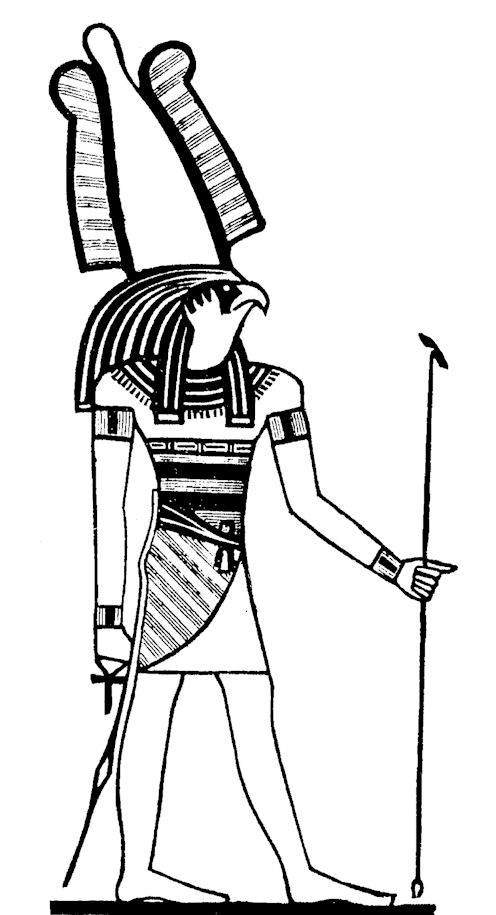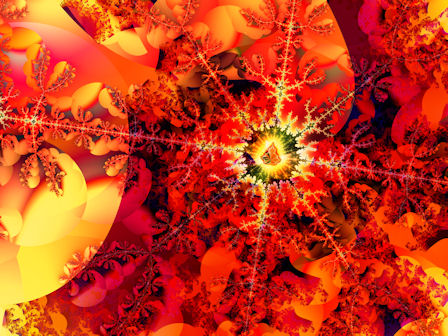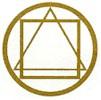“Blessed are the meek: for they shall inherit the earth” (Matthew 5:5)
Humbleness and meekness create in man a bottomless receptacle of recipiency to hold Truth. A proud irascible individual, like the proverbial rolling stone, rolls down the hill of ignorance and gathers no moss of wisdom, while meek souls at peace in the valley of eager mental readiness gather waters of wisdom, flowing from sources human and divine, to nourish their flowering vale of soul qualities.
The imperious egotist is easily riled, defensive, and resentfully offensive, repelling emissaries of wisdom who seek entry into the castle of his life; but the meek and humbly receptive attract the unseen assistance of beneficent angels of cosmic forces proffering material, mental, and spiritual well-being. Thus do the meek of spirit inherit not only all wisdom, but the earth, that is, earthly happiness, along with it.
–Paramahansa Yogananda (The second coming of Christ, the resurrection of the Christ within you)
The intrinsic definition of Limitlessness is that It lacks nothing and can receive nothing, for It is everything. As It is everything, theoretictically It is the potential to be an infinite source of giving.
The question arises, however, that there is nothing for It to give to because It is everything. It would have to give to Itself. This has been a major creation. conundrum in philosophy and theology for thousands of years.
Kabbalah suggests one way of dealing with this issue. It says that as long as the infinite source of giving has no “will” to give, nothing happens. However, the instant It has the will to give, this will initiates a “thought.” Kabbalah says, “Will, which is [primordial] thought, is the beginning of all things, and the expression [of this thought] is the completion.
That is, the entire creation is nothing more than a thought in the “mind” of Ein Sof, so to speak. Another way to express this idea is that the will to u give instantly creates a will to receive. The idea that an infinite giver can create receptivity in Itself is what Kabbalists call tzimtzum (contraction). It has to make an opening within Itself for receiving.
That which is given is called light. That which receives is called vessel. Light and vessel are always in balance, because light comes from an infinite source and thus will fill a vessel to its capacity. If we put a bucket under Niagara Falls, it instantly fills. If we put a freight train there, it also instantly fills. Imagine that the entire universe rests under a Niagara Falls of light, continuously being filled.
According to Kabbalah, the interaction between vessel and light is what makes the world go around. Everything in the universe is a vessel that “wills” to receive the light of the infinite bestower. Each molecule, plant, animal, rock, and human is a vessel; each has the “will” to be exactly what it is.]
Human consciousness is unique in that it has the quality of being “in and the universe. If we the image of God.” This quality is expressed by what we call free will, and free will at its core is nothing more than the ability to bestow light. That is to say, human consciousness has an inherent will to give. This human capability of acting like God in being a bestower is the fulcrum upon which the entire universe is balanced.
The reason this is so important is that if there were a will only to receive, as described above, the universe would be completely predictable. Everything would be predetermined, all receptivity would find shape in its implicit design, and every aspect of the unfolding of creation could be anticipated. The wild card introduced here is the premise that human consciousness is informed by a soul force that gives it the capacity to emulate the infinite Bestower.
Thus human beings have an extraordinary capacity to influence the direction of creation. Each time we make use of our free will by giving, we are in copartnership with the infinite Bestower. When this is accomplished, with clear awareness of what we are doing, we raise the consciousness of creat1on.
–David A Cooper (God is a verb)






